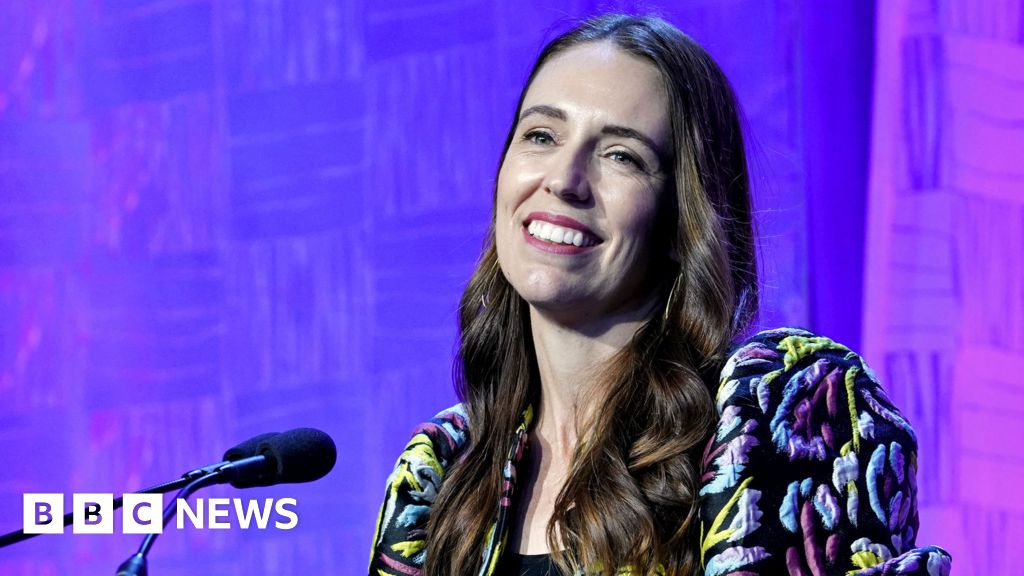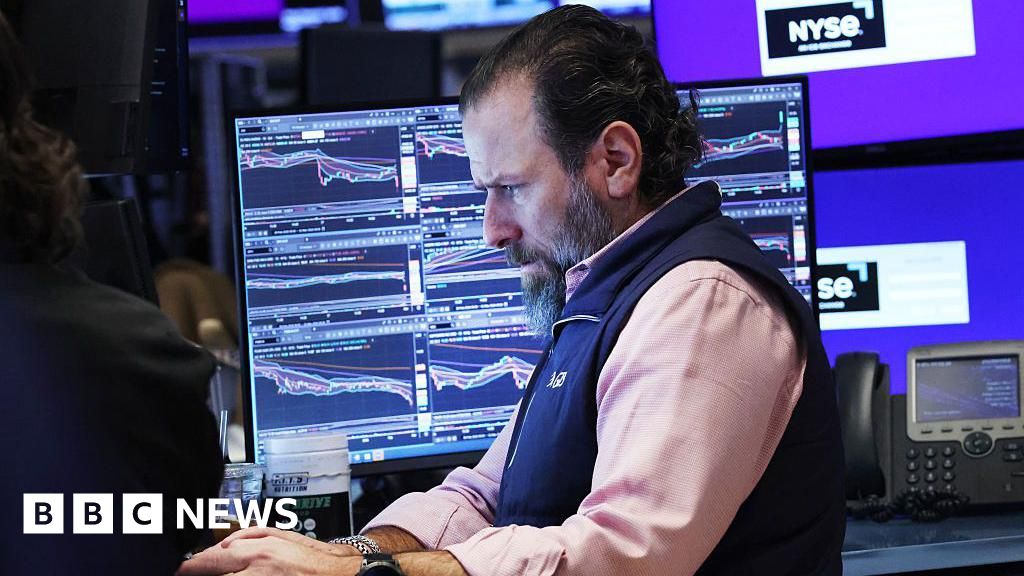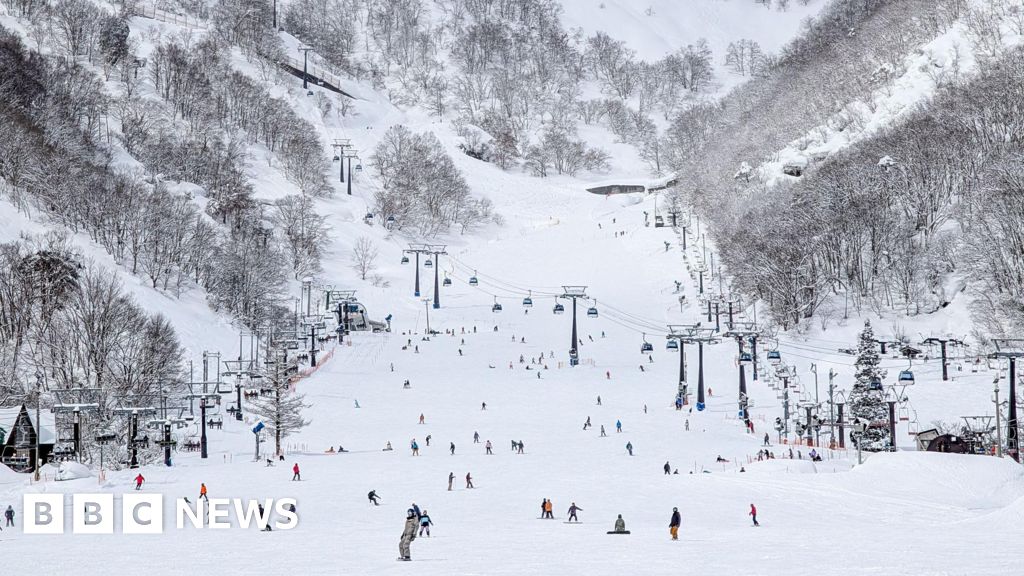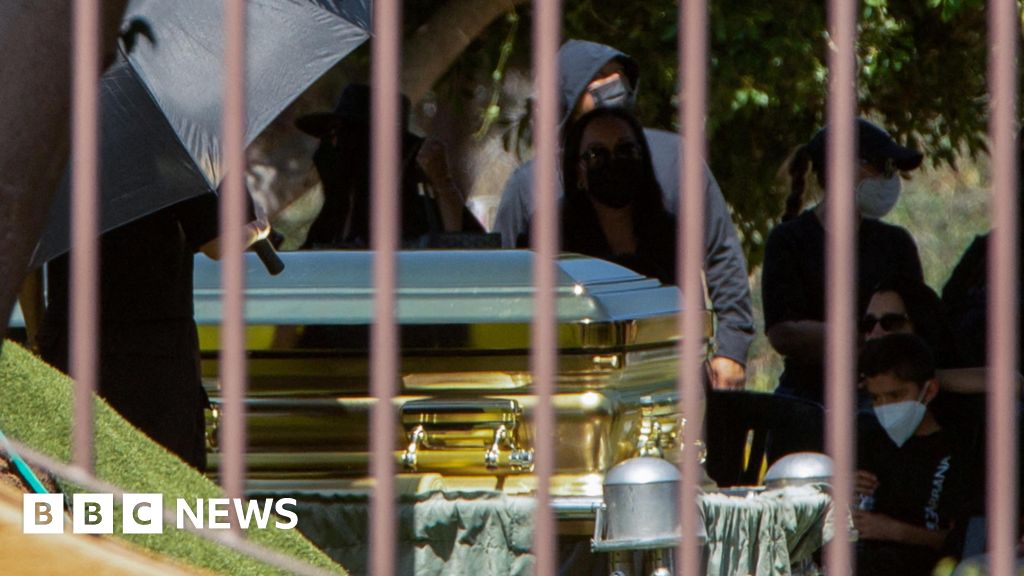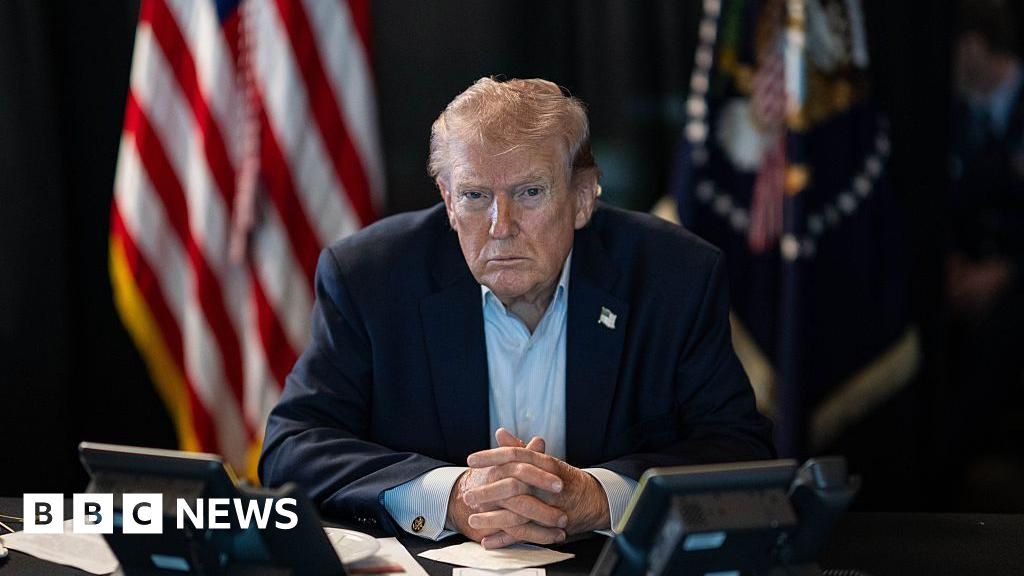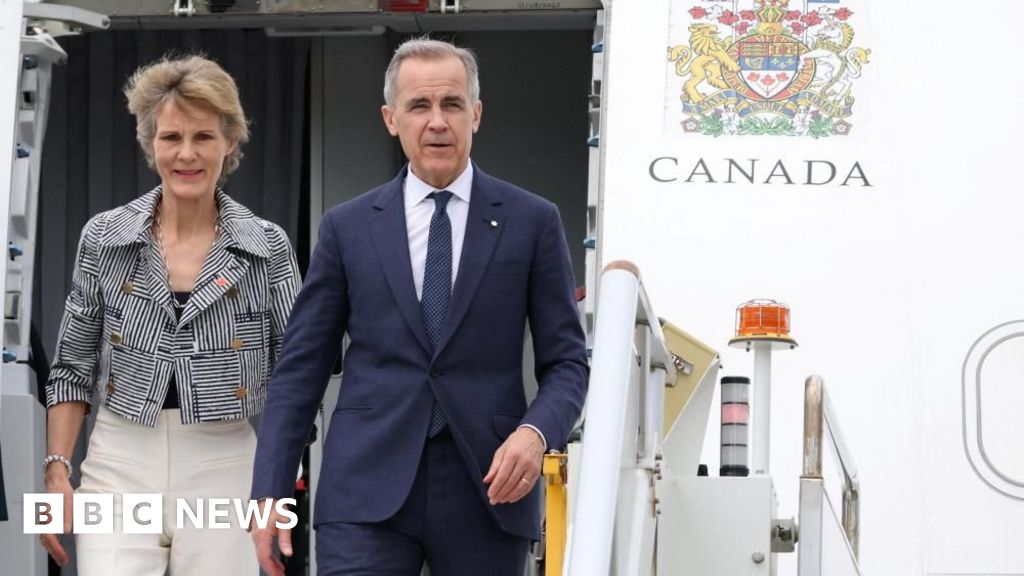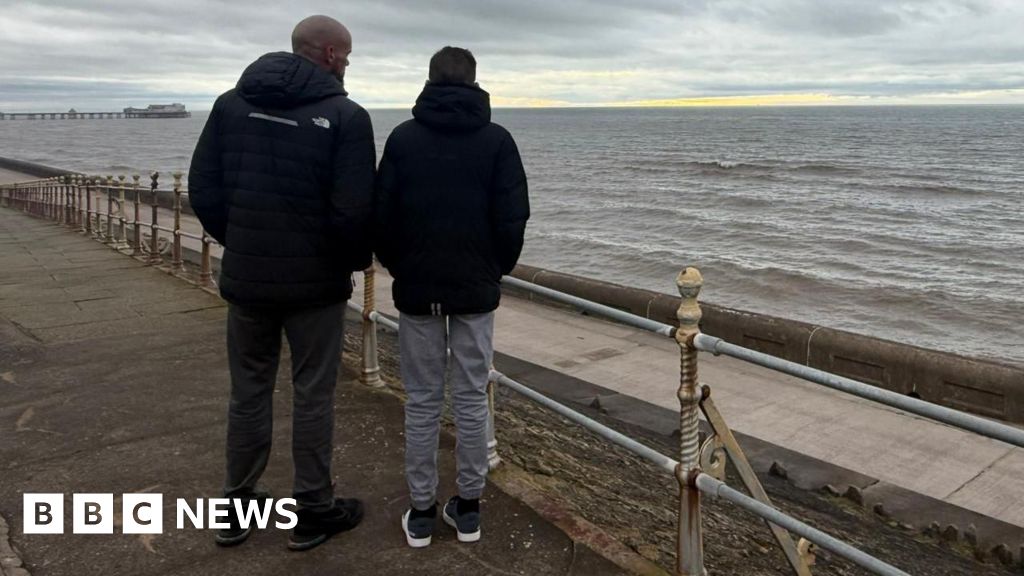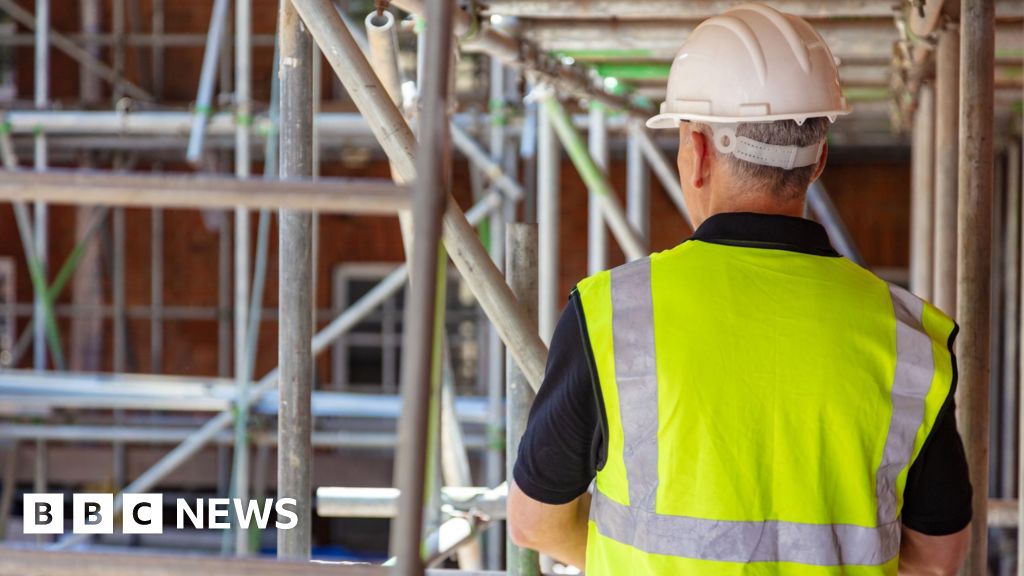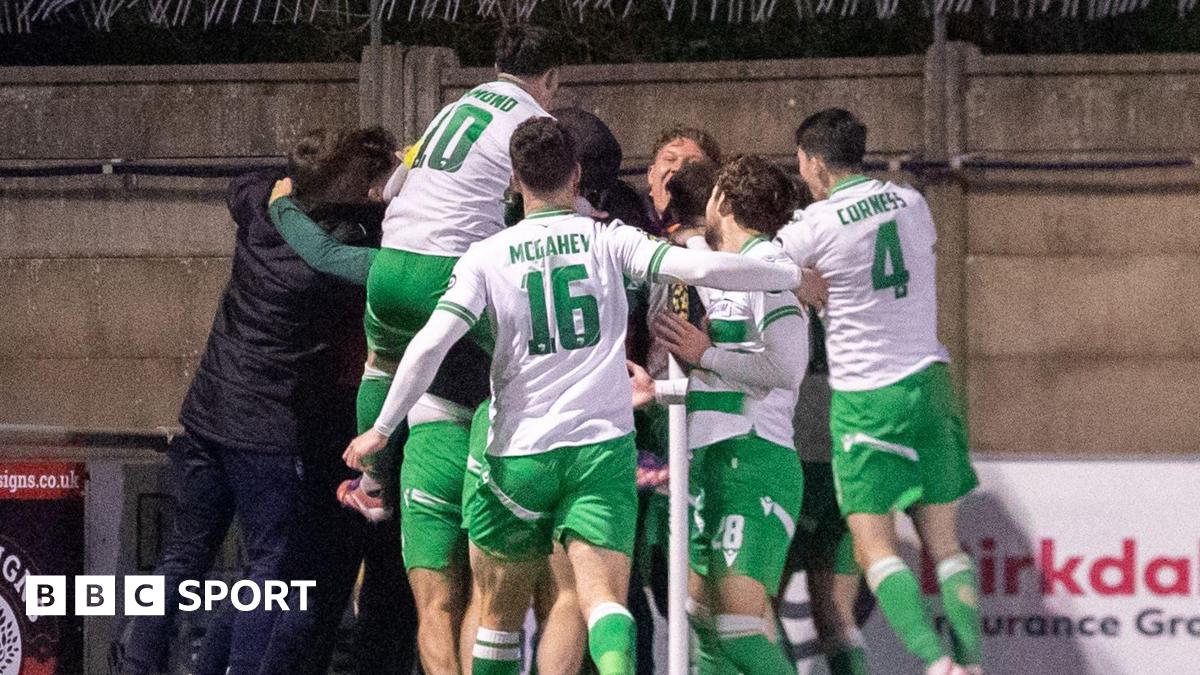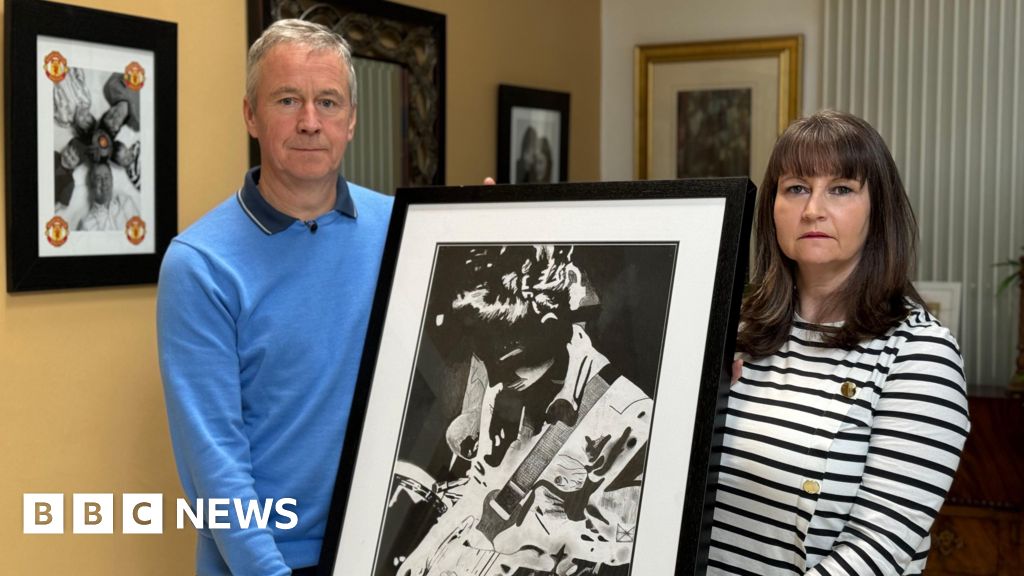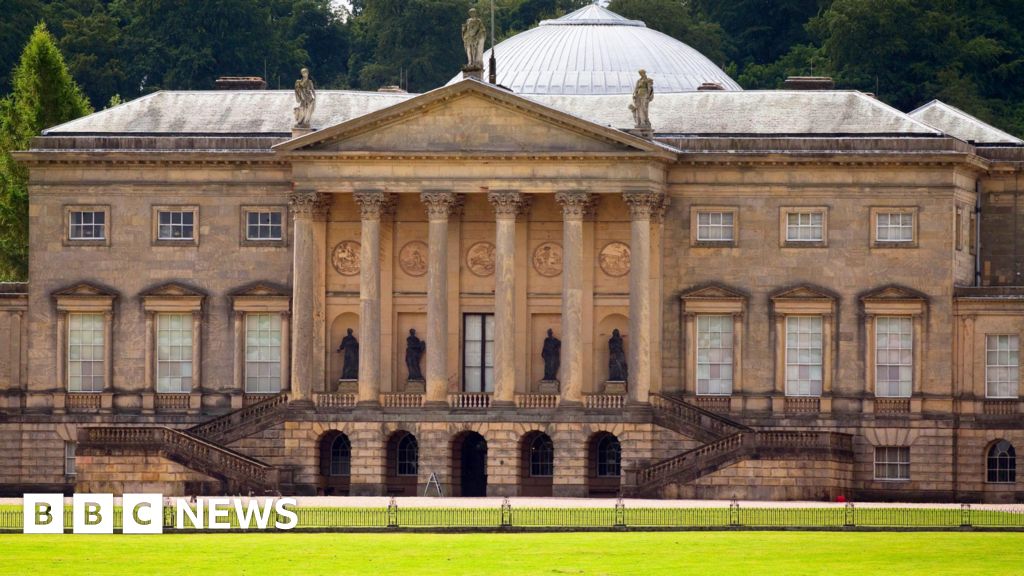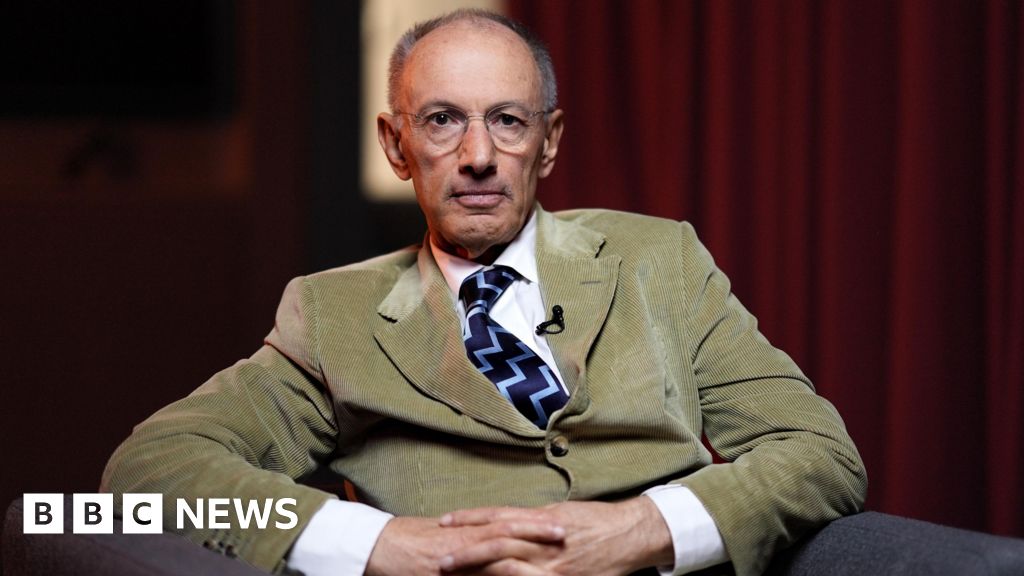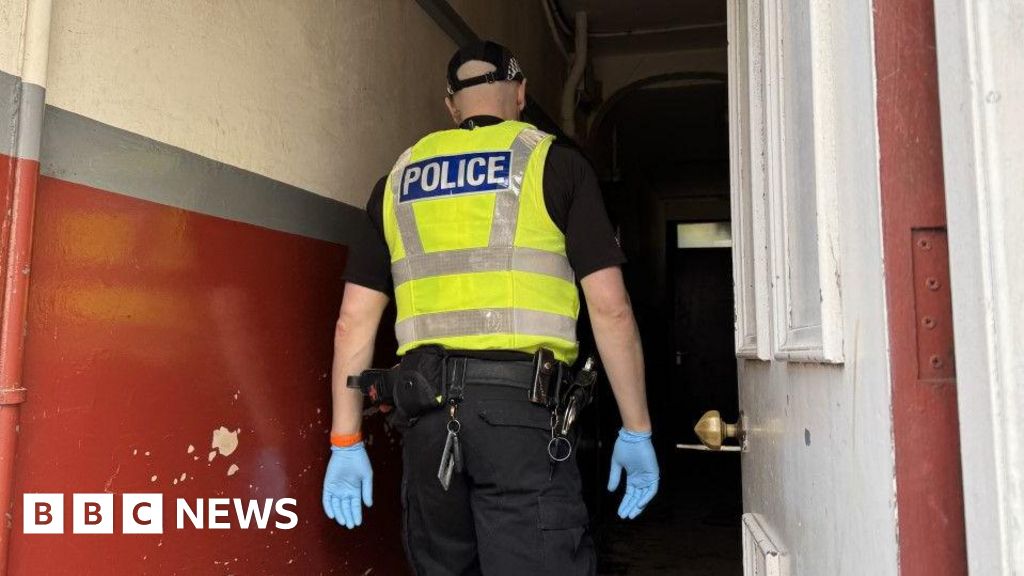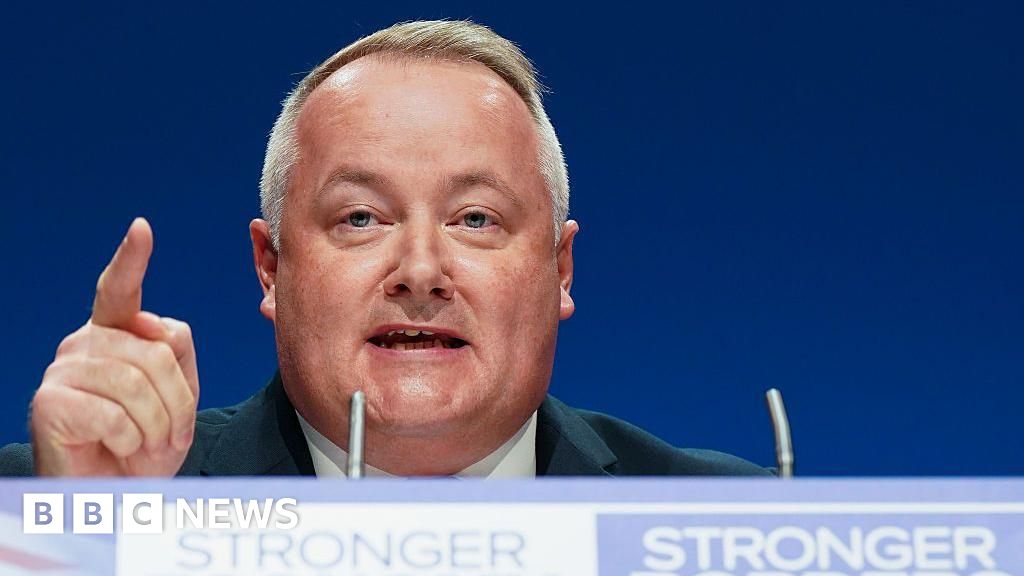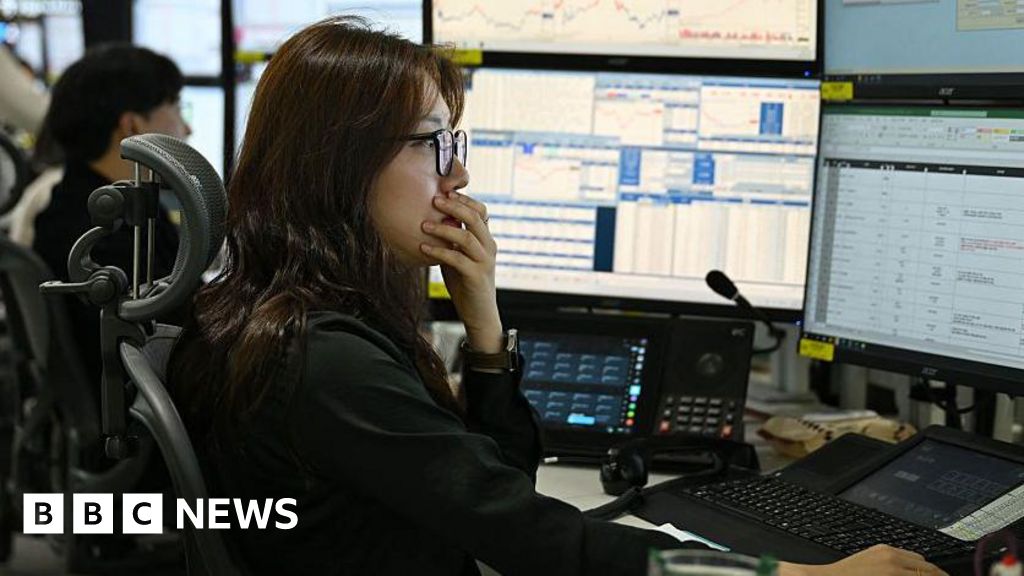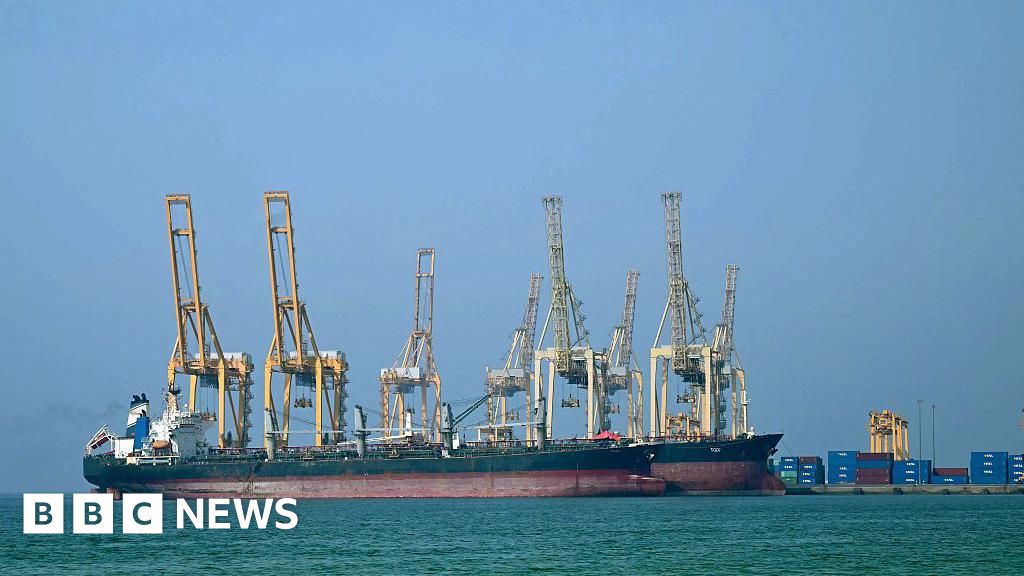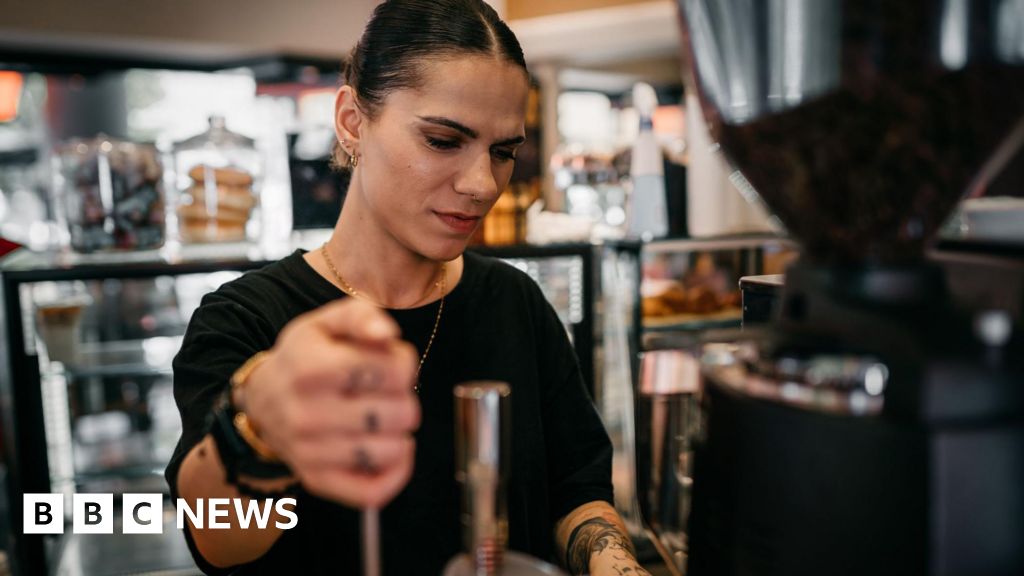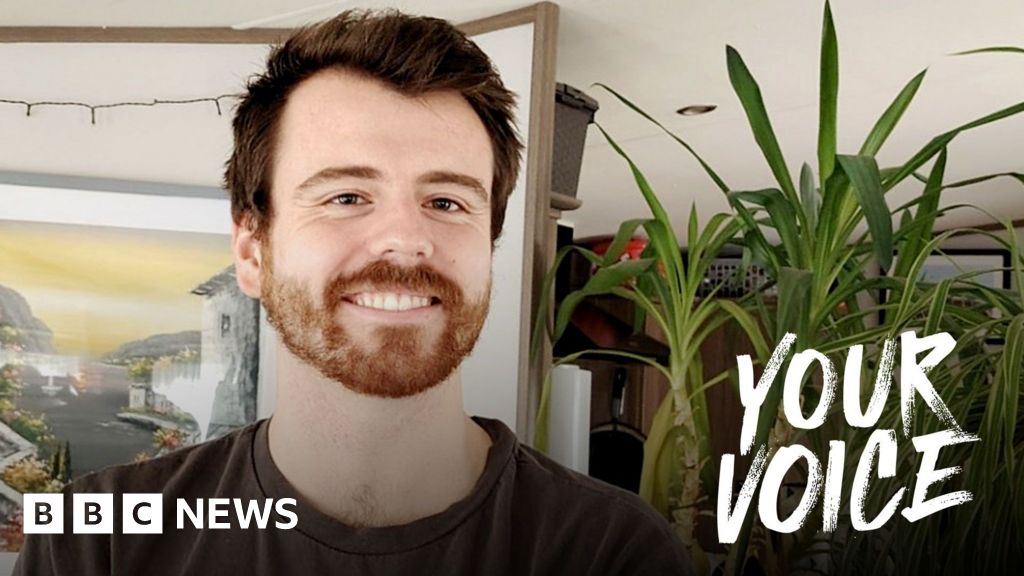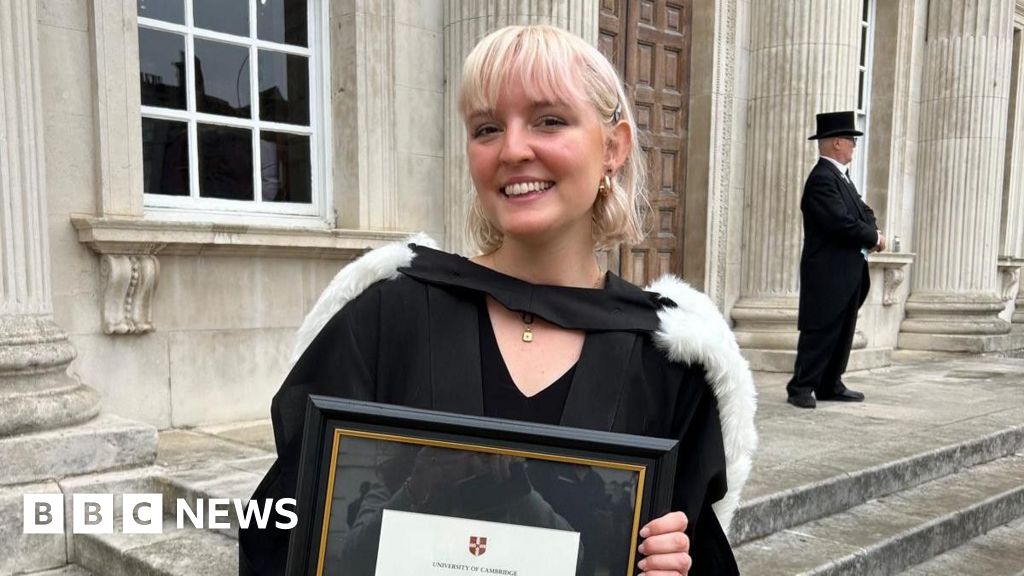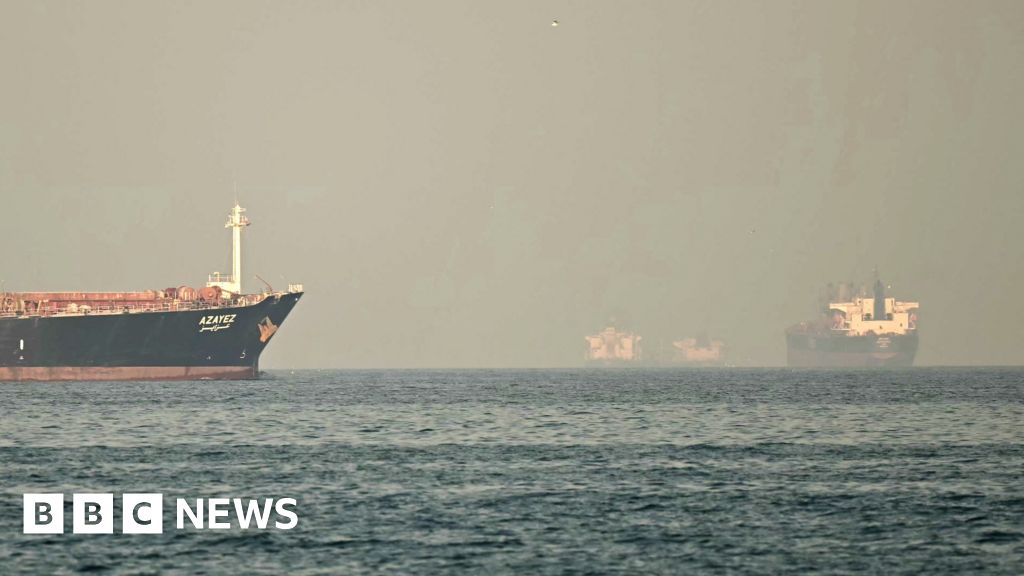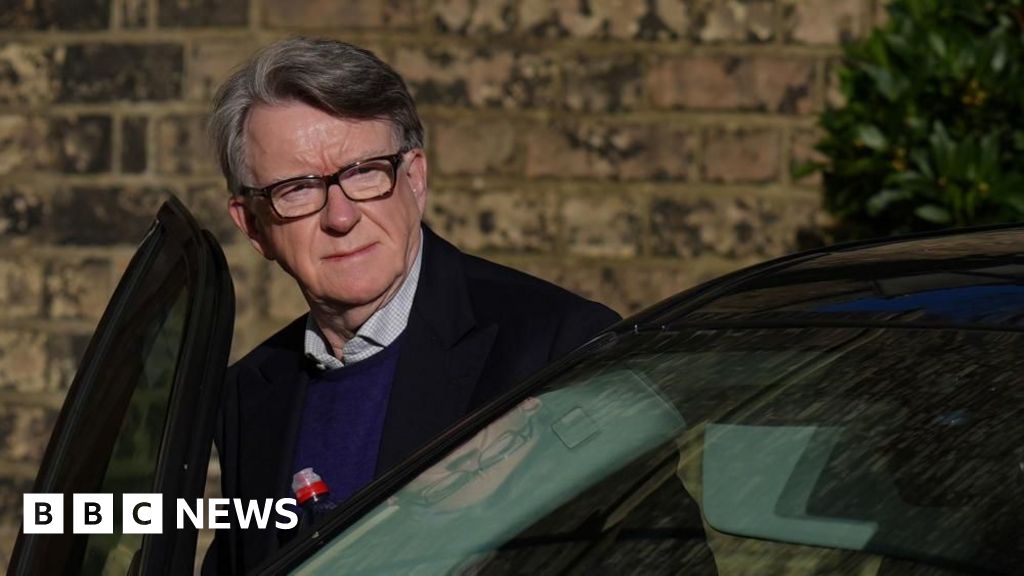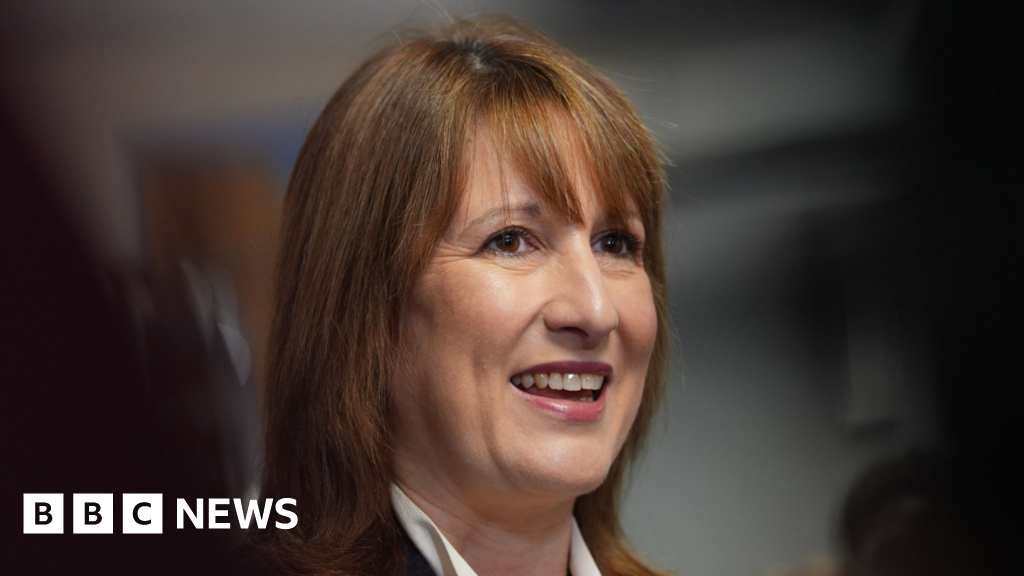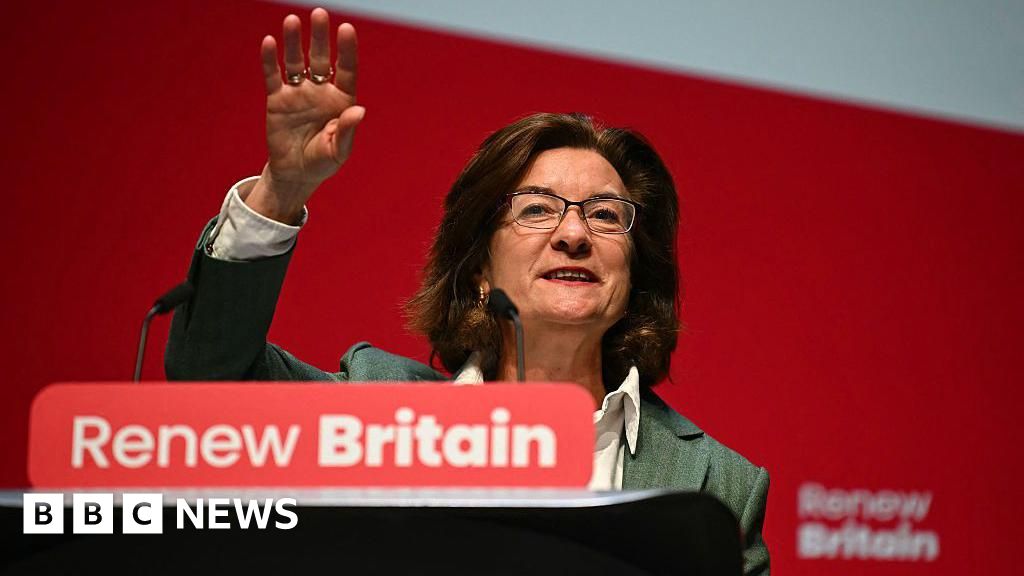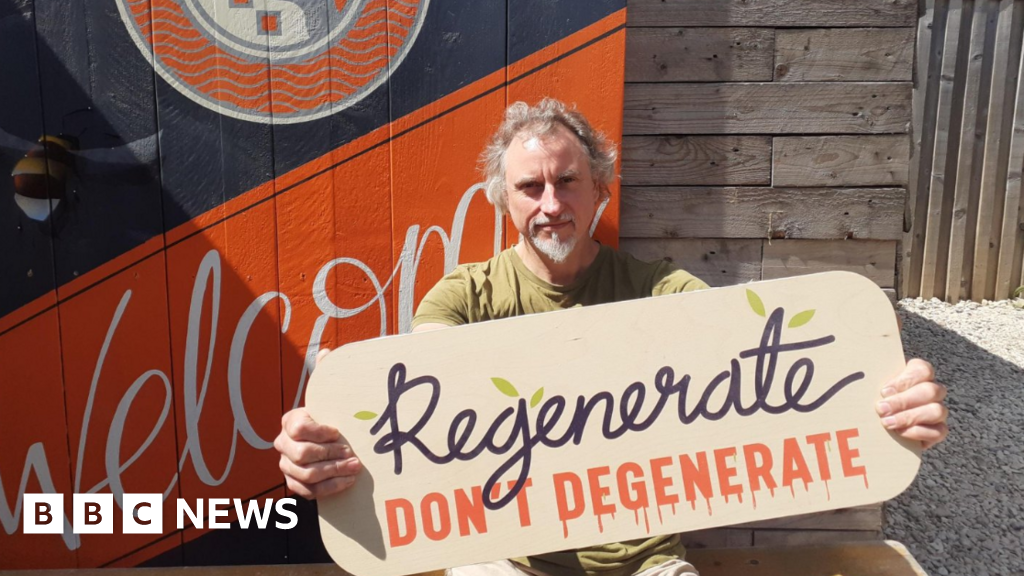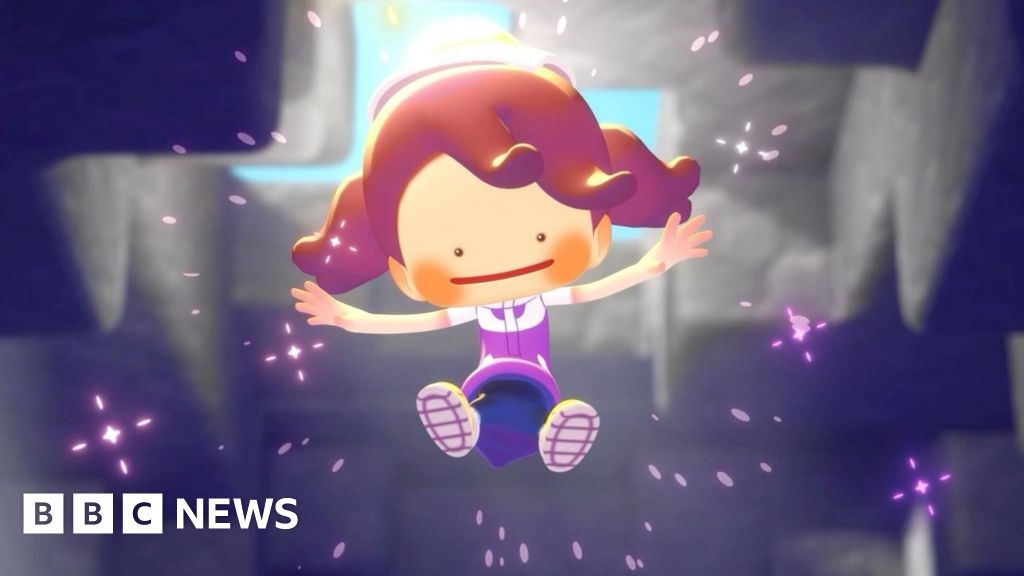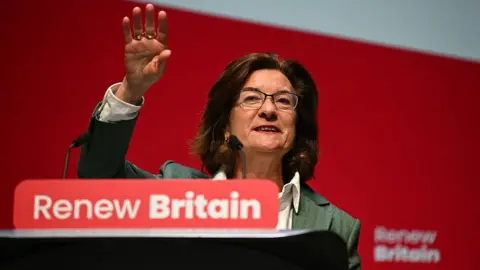 Getty Images
Getty ImagesLabour is facing a “hell of a fight” against the “divisive nationalism” of Plaid Cymru and Reform, Wales’ first minister has told the party’s Autumn conference.
Eluned Morgan accused her political opponents in the May Senedd election of being “a different poison, same bottle” in a speech to the Labour conference in Liverpool on Sunday.
She admitted the polls in Wales are not looking good for Welsh Labour.
“People are angry, disillusioned,” she said. “Our voice, the voice that’s always fought for them is getting drowned out by the carnival of charlatans and the circus of snake oil salesmen.”
The first minister warned voters not to “gamble” on Reform’s “divisive noise” or Plaid’s “fantasy politics” claiming they would “destroy” everything Labour has built since devolution.
“Reform blames foreigners, Plaid blame Westminster,” she said.
“Divisive nationalism in different forms. Different poison, same bottle.”
“Unlike he peddlers of easy answers, Welsh Labour doesn’t just talk, we deliver.”
She pointed to services in Wales since devolution, like free prescriptions and bus passes, free schools meals for every primary school pupil and the real living wage for care workers
“That, my friend, is socialism in action,” she said, warning her political opponents would put all those achievements at risk.
Nigel Farage’s previous party, UKIP, was a “shambles” in the the Senedd, she said, with one former member admitting Russia-linked bribery charges.
“We’re building the future, others are busy polishing their wrecking ball.
“Reform’s plan? Gut the NHS. Flog and frack everything that moves.
“Turn Wales into their testing ground for an ideology that puts profit before people.”
Labour Welsh Secretary Jo Stevens called reports of a rift between UK and Welsh Labour “nonsense”.
She told delegates Plaid’s plan for Welsh independence would cost every working age adult £11,000 in tax rises and austerity cuts.
In her speech, Stevens accused Plaid Cymru of “fantasy economics” claiming the party’s long-term independence plan would see “billions of pounds of tax rises and biting austerity forced on working people across Wales”.
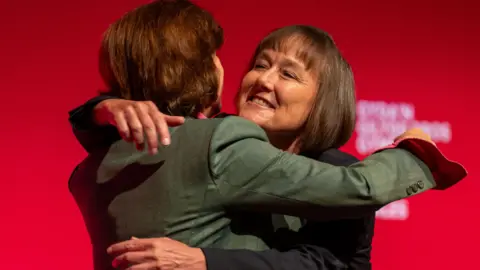 Getty Images
Getty ImagesShe pointed to new UK government analysis suggesting independence would “require each working age adult in Wales to pay over £11,000 extra every year in tax to just retain the current level of public services”.
This analysis has not been shared in full with the BBC, and so the claims have not yet been independently verified.
However, the BBC understands the calculations assume an independent Welsh government would continue to spend the same amount on the same areas the UK government currently spends in Wales on areas that it controls.
“If Plaid want to be taken seriously, they need to confirm whether they’re going to tax Welsh families into poverty or cut public services to the bone,” Stevens said.
“Labour has ended austerity in Wales. Don’t let Plaid impose it on Wales again.”
By contrast, she will say the UK government will invest more than £200m to revitalise high streets and regenerate communities in Wales.
In response, Plaid Cymru said Labour policies, including keeping the two-child benefit cap were costing working families.
A Plaid Cymru spokesperson said: “Jo Stevens has opted to use her conference platform to talk Wales down at a time where more and more Labour voters are coming over to Plaid Cymru with our positive vision for our nation and belief in our potential.
“As Labour scramble for relevance, the people of Wales know that what is actually hitting them hard in the pocket is happening on Labour’s watch.”
Reports of Welsh-UK Labour tensions ‘nonsense’
Speaking to BBC Politics Wales from Liverpool on Sunday morning, Stevens said reports of tensions between UK and Welsh Labour were “nonsense”.
Some in Welsh Labour are blaming Sir Keir Starmer for Labour’s sinking popularity in recent weeks, while others point to Welsh Labour’s record in government.
Stevens said it was “absolutely right” Welsh Labour had its own identity as “that’s what devolution means”.
She said the “political commentary around this is nonsense”.
“We have shared values and shared priorities, and you can see that in what we’ve delivered over the last 14 months.
“You will see it over the next six months in the run up to the Senedd election,” she said.
Referring to the next general election, due in 2029, Stevens said: “At the end of this parliamentary term, it will be for voters to decide, many years from now, whether or not we have raised living standards, whether public services are better, and whether or not people feel safe and secure in their communities and they feel that the country and its borders is safe and secure.
“That’s what we will be judged on”.

